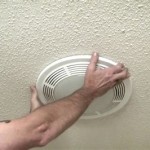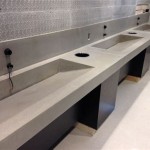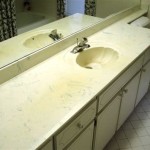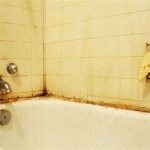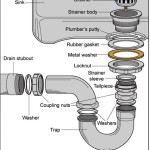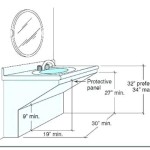Leaking Bathroom Sink Plumbing: Essential Aspects
A leaky bathroom sink is a common household issue that can waste water, increase utility bills, and potentially damage your bathroom's structure. Understanding the basics of bathroom sink plumbing can help you identify and resolve leaks effectively.
Common Causes of Bathroom Sink Leaks
Drain Leaks: Leaking drains occur when the rubber washer around the drain plug deteriorates or the drainpipe becomes loose. P-Trap Leaks: The P-trap is the U-shaped pipe under the sink that connects the drain to the waste line. Leaks can occur due to loose connections or corrosion. Supply Line Leaks: The supply lines bring water from the main water supply to the faucet. Leaks can develop at the connections or along the length of the pipe due to wear and tear.
Identifying the Source of the Leak
To identify the source of the leak, check the following:
- Run the faucet: If the leak only occurs when you turn on the water, the problem is likely with the faucet or supply lines.
- Close the drain: Fill the sink with water and close the drain plug. If the water drains slowly or overflows, the leak is likely in the drain or P-trap.
- Inspect the connections: Look for any loose or damaged connections at the faucet, drain, P-trap, and supply lines.
Tools and Materials for Sink Plumbing Repairs
For most sink plumbing repairs, you will need the following tools and materials:
- Adjustable wrench
- Plumber's putty
- Drain cleaning tool
- Replacement parts (e.g., washers, gaskets)
Step-by-Step Repair Instructions
Once you have identified the source of the leak, follow these step-by-step instructions to repair it.
Drain Leaks:- Remove the drain plug and inspect the washer. If it is damaged, replace it with a new one.
- Tighten the drainpipe connections using an adjustable wrench.
- Place a bucket under the P-trap to catch any water.
- Loosen the nuts connecting the P-trap to the drain and supply line.
- Remove the P-trap and clean any debris inside it.
- Apply plumber's putty to the new P-trap and install it by hand-tightening the nuts.
- Turn off the water supply to the faucet.
- Disconnect the supply line at the faucet and inspect the washer. Replace it if necessary.
- Tighten the connections at the supply line inlet and faucet using an adjustable wrench.
Preventing Bathroom Sink Leaks
To prevent future bathroom sink leaks, follow these tips:
- Tighten loose connections periodically.
- Clean the drain regularly to prevent clogs.
- Inspect the supply lines for wear and tear and replace them if necessary.
By understanding the basics of bathroom sink plumbing and following these tips, you can keep your sink leak-free and functioning optimally.

Bathroom Sink Drain Leaking Around Threads Premier Plumbing Inc

Common Sink Leaks You Could Probably Fix Yourself

How To Handle Leaking Pipes Under The Bathroom Sink Aggressive Mechanical

Easy Ways To Fix A Leaky Sink Trap 12 Steps With Pictures

4 Simple Ways To Fix A Leaky Sink Drain Pipe Wikihow

How To Fix Or Replace A Leaky Sink Trap Hometips

The Do S And Don Ts Of Dealing With A Bathroom Sink Or Shower Leak

How To Fix A Leaking Bathroom Sink Paschal Air Plumbing 40 Off

4 Simple Ways To Fix A Leaky Sink Drain Pipe Wikihow

New Bathroom Sink Drain Leaks At Threads
Related Posts
